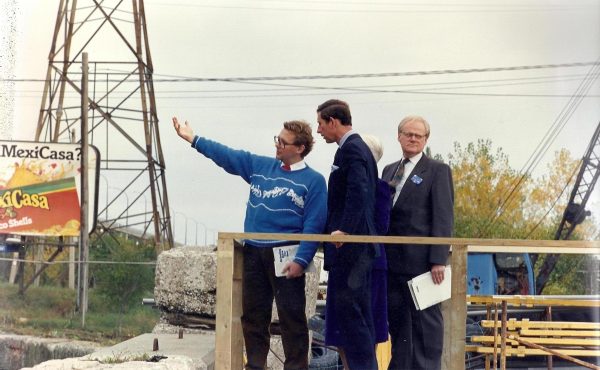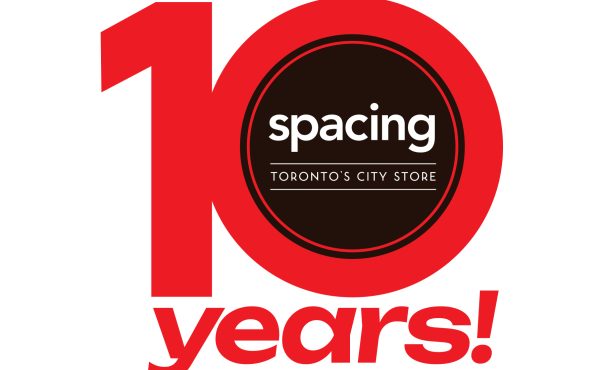
In this week’s NOW, Mike Smith describes our mayor as “a kitten with a mandate — and now, the lieutenants to carry it out.†He writes about David Miller’s new executive committee and his reasoning behind appointing them. Smith also questions Miller’s strategy:
…in terms of the executive, I wonder if Miller has micromanaged just a bit too much. The placement of right-wingers shows some finesse: the appointment to the straightforward general government committee (chaired by Gloria Lindsay Luby) and the “at large” executive appointment of Norm Kelly both acknowledge and contain the right.But I’m left wondering why someone like Michael Thompson lost out to the lacklustre Kelly. Is Thompson’s apparent ambition for a future shot at Miller’s chair enough to keep a proficient if bombastic councillor out of the fold?And in appointing De Baeremaeker to works, is Miller getting tunnel vision on recycling? The Scarborough councillor is dedicated to the file, no doubt, but there’s more to works than waste diversion. I wonder if Janet Davis or Paula Fletcher couldn’t handle the portfolio with equal environmental aplomb, without his love of funding all infrastructure through advertising.Which raises another question: with council’s new ability — or at least desire — to regulate and reap, have we gained newly empowered advocates or been saddled with a new bureaucracy?
Meanwhile, over at Eye Weekly, Spacing’s own Leah Sandals writes about changes to the Toronto Environmental Alliance (TEA). Three of TEA’s full time staff members have left to work for other environmental organizations, and Gord Perks left in August to run for city council. TEA, in large part responsible for our pesticide bylaw, among other feats, has helped to make Toronto a safer and cleaner place. “Toronto should take notice,” Sandals writes, “the city would look a lot different without TEA.”
The recent departure of some of TEA’s full time staff is daunting, she says, pointing to this past summer when TEA was so short staffed that it didn’t think it could keep its offices open. TEA acknowledged it needs to concentrate on strengthening its volunteer department, something it has failed to do in the past, and guarrantees that 2007 will bring “concrete results.â€
Visit TEA’s website to learn more about its mission is to promote a greener Toronto. It’s five major campaign areas are: education and action on smog and climate-change, public transit, toxics and urban pesticides, waster reduction and clean water.
photo from NOW by John Scully



2 comments
I’m not yet sure whether it’s a good thing or not that “activist group internal soap opera” is becoming a subgenre of local journalism.
I don’t think it’s the personal lives of activists that makes these stories interesting. Groups like TEA and TPSC have made a big difference in Toronto, and understanding how they work and the different challenges they face could help other groups and individuals who want to succeed in making a difference as well. TEA is important to Toronto, and, as Leah wrote, Toronto should be concerned if it’s going through some rough spots. I don’t think people want to read about TEA’s transition in the same way that they want to read about Brittany’s break up and parties with Paris. They want to know about it because it actually affects them. Groups go through these kinds of transitions all the time and I don’t think it’s a bad thing that we’re acknowleging that. I thik it’s a sign that they’re being taken more seriously.